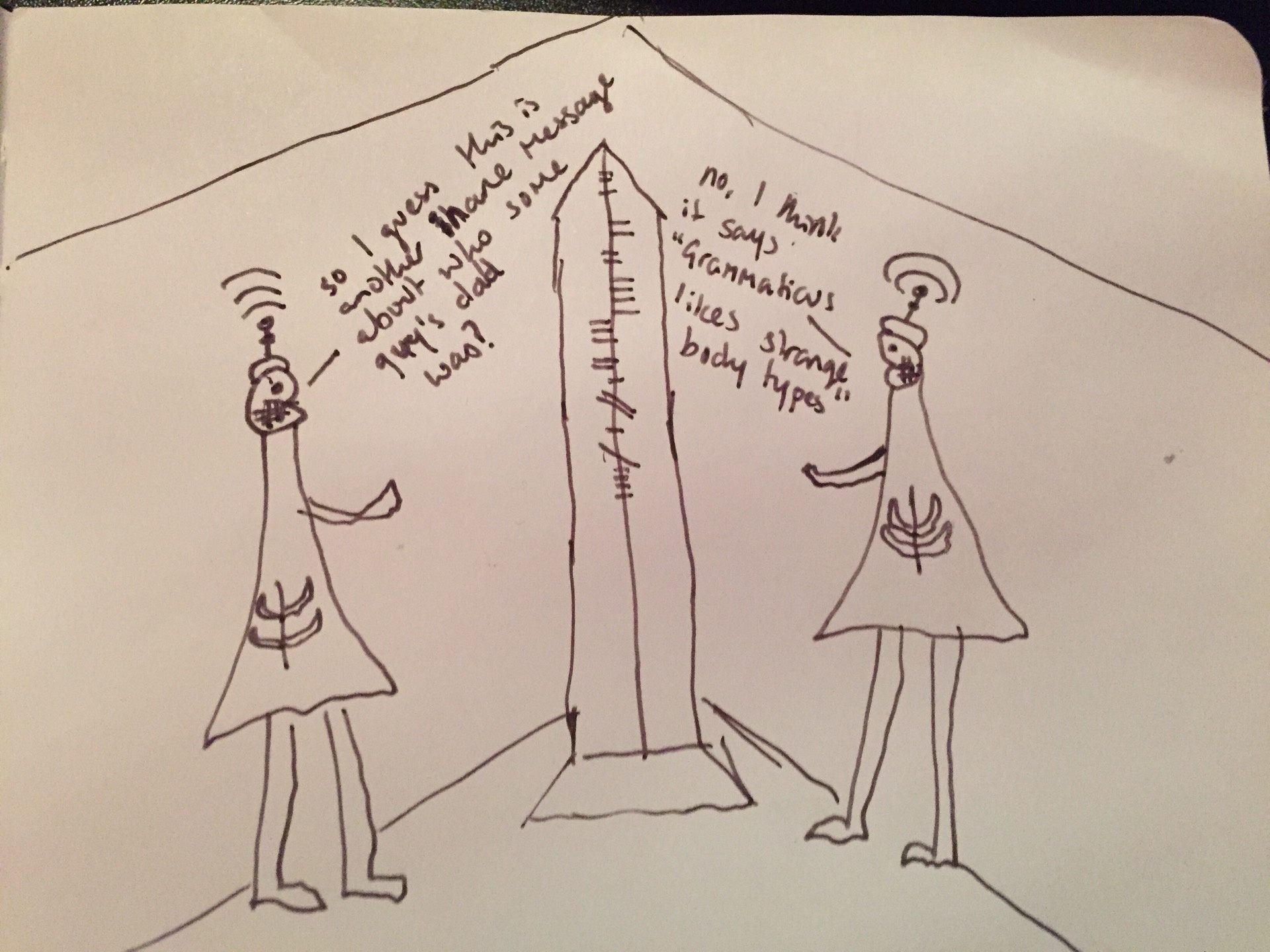Ω πω πω. You will also see ωπωπω, and πω πω πω and πωπωπω are more frequent. They’re interjections, so their spacing has not been normalised.
The initial ω is so spelled by analogy with ancient Greek ὦ “O!”, though it’s not strictly speaking the same thing. No idea why πω has an omega, maybe the vague notion that it’s a long drawn out exclamation (so it needs what was in antiquity a long vowel). The unrelated (?) babytalk word ποπός “bum, bottom” is spelled with an omicron.
Babiniotis’ dictionary, god bless it, has a lot of idiosyncratically antiquarian orthography, and it chooses to spell πωπω as ποπό, with reference to the ancient exclamation πόποι! Inasmuch as exclamations can reasonably have etymologies, that is not an insane analogy to do. But Babiniotis is a hundred years too late in trying to revise Greek spelling. And if you spell it ο ποπο, people will rightly assume you’re talking about bottoms.
EDIT: to my astonishment, the more orthographically prudent Triantafyllidis dictionary also has ποπό: Λεξικό της κοινής νεοελληνικής.
I know why Triantafyllidis, as opposed to Babiniotis, did this: orthographic simplification. If you can’t find an omega in Ancient Greek, don’t use one in Modern Greek.
Google ποποπο and πωπωπω, and you’ll see that the people aren’t buying the orthographic simplification: people still write πωπωπω. Here’s a forum post on why the simplification sucks: πω πω! πωπώ! ποπό! (μπλιαχ) πο-πό! (ακόμα πιο μπλιαχ)






